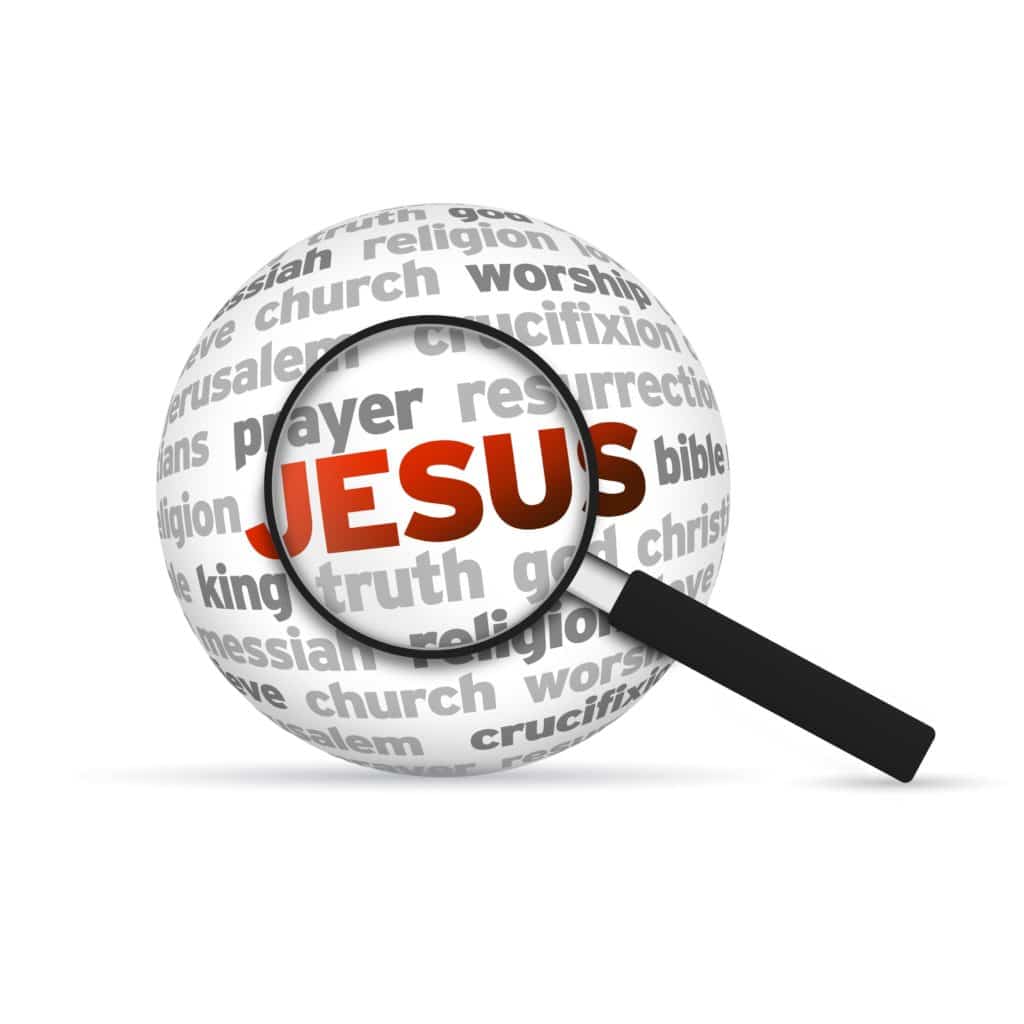Kingdom Incarnate Part 17

At Keys Vineyard Church, we are presenting a series called ‘Kingdom Incarnate,’ which we post here on Online Bible Institute.
We are wrapping up this ‘Kingdom Incarnate” series today, and next week we will begin ‘Kingdom Tension’ which will focus on what it means to be the church. Today, we will talk about suffering and glory.
Luke 24:13-21 (NIV)
13 Now that same day two of them were going to a village called Emmaus, about seven miles from Jerusalem. 14 They were talking with each other about everything that had happened. 15 As they talked and discussed these things with each other, Jesus himself came up and walked along with them; 16 but they were kept from recognizing him. 17 He asked them, “What are you discussing together as you walk along?” They stood still, their faces downcast. 18 One of them, Cleopas, asked him, “Are you only a visitor to Jerusalem and do not know the things that have happened there these days?” 19 “What things?” he asked. “About Jesus of Nazareth,” they replied. “He was a prophet, powerful in word and deed before God and all the people. 20 The chief priests and our rulers handed him over to be sentenced to death, and they crucified him; 21 but we had hoped that he was the one who was going to redeem Israel. And what is more, it is the third day since all this took place.
The resurrection story in Luke 24 reminds us that Jesus is not only alive, but that He is the fulfillment of all the promises and prophecies found in Israel’s Scriptures. When the resurrected Jesus appears to two disciples on the road to Emmaus, He gently rebukes their slowness to believe what had been foretold: that the Messiah would suffer and then enter into His glory. Beginning with Moses and the Prophets, Jesus explains how all Scripture pointed to Him. This decisive moment reveals that the story of the Bible is not a collection of disconnected moral lessons, but a unified narrative centered on Jesus—His life, suffering, death, and resurrection.
Jesus’ suffering was not an accident or a tragic twist in the story; it was essential to God’s redemptive plan. As He tells the disciples, “Did not the Christ have to suffer these things and then enter His glory?” The cross was necessary. Jesus came to take on the weight of human pain, sin, and death—and He overcame it all. In doing so, He opened the way for us to share in His victory.
The theme of suffering and glory continues as we revisit the crucifixion in Luke 23. On the cross, Jesus is mocked by rulers, soldiers, and one of the criminals hanging beside Him. Above Him, the sign reads, “This is the King of the Jews,” dripping with sarcasm. Yet, in the eyes of faith, we see something profound—this is not just a moment of humiliation, but the moment of divine triumph. One of the criminals recognizes this, calling Jesus “King” and asking to be remembered in His kingdom. Jesus responds with words of assurance and hope: “Today you will be with me in paradise.”
Jesus’ throne wasn’t a golden seat but a wooden cross. But even there, we see the King in His glory. Later, in Matthew 25, Jesus speaks of a time when He will return in visible glory, seated on His throne, separating the sheep and the goats. The cross and the throne are not opposites—they are connected. One reveals the depth of God’s love; the other shows the fulfillment of His reign.
The cross was not weakness; it was divine power. In that suffering, glory was revealed, and through Jesus, we are invited into that glorious kingdom prepared for us since the foundation of the world.
This weekend at Keys Vineyard Church, we will discuss all this and more, so be sure to join us in person or online.
Steve Lawes is a pastor at Keys Vineyard Church and also the founder of the Online Bible Institute Network.

